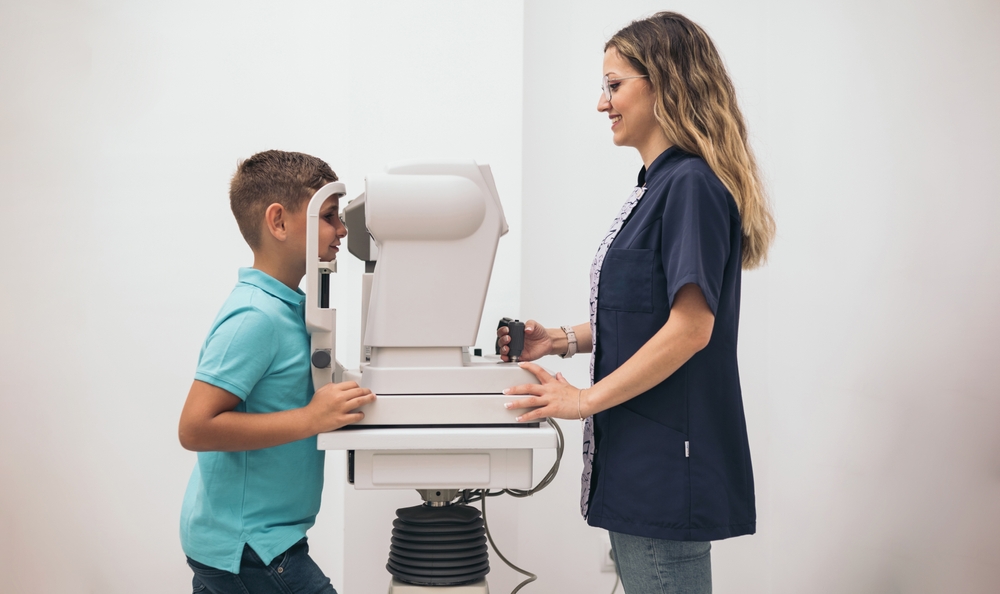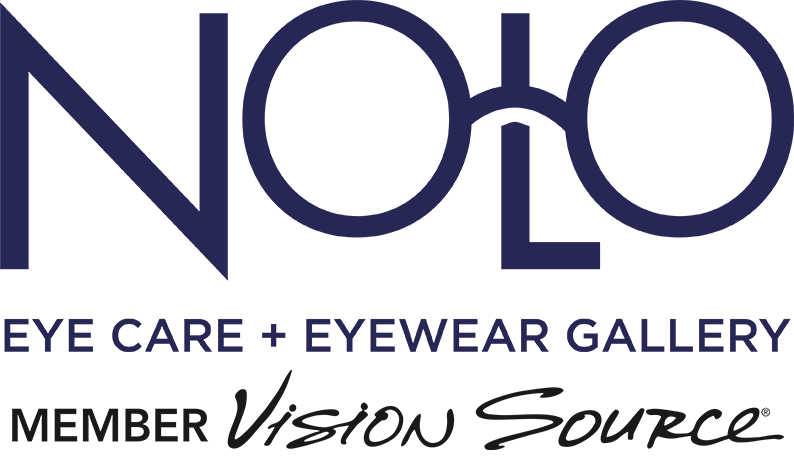
Children's eyes are susceptible to several conditions and diseases, some of which can lead to severe visual impairment if not detected and treated early. Understanding children's eye health, its importance, and how to care for and protect it is essential. However, when should we schedule our child's first trip to the eye doctor?
Understanding Vision in Children
Vision is a complex function that involves various parts of the eye working in harmony to deliver clear and focused images to the brain. In children, vision plays an integral role in their development, influencing their cognitive, emotional, and motor growth. It is through vision that children explore their environment, recognize faces, learn to read, write, and develop hand-eye coordination and fine motor skills.
As a child grows, their vision undergoes several changes. Newborns, for instance, have blurry vision and can only see objects close to them. As they grow, their vision sharpens, and by the age of six months, they start developing depth perception and color vision. By the time they reach school age, their vision should be fully developed.
However, this isn't always the case. Vision problems can occur at any stage of a child's growth, impairing their ability to see clearly and affecting their overall development. This underscores the need for regular eye exams from an early age.
Determining the Right Age for the First Eye Exam
When it comes to scheduling your child's first eye exam, many parents are uncertain. Is it when they start school, or should it be earlier? According to the American Optometric Association, children should have their first comprehensive eye exam at six months of age. This may come as a surprise to many but remember, vision is a critical component of a child's development right from birth.
The next eye check should be at age three and again before they start school, usually around five or six. From then on, yearly eye exams are recommended. Early detection and treatment of any vision problems can help prevent potential learning and development issues.
Even if your child doesn't exhibit any signs of vision problems, regular eye exams are crucial. Some eye conditions are asymptomatic in the early stages and only become noticeable once they've progressed significantly. Early detection can help manage these conditions effectively, minimizing their impact on your child's life.
What to Expect During Your Child's First Visit to the Optometrist
Your child's first visit to the optometrist is a significant milestone in their health journey. It's natural to feel a bit anxious, but knowing what to expect can help ease your nerves and prepare your child for the experience.
The optometrist will start by asking about your child's health history, including any vision-related concerns, family history of eye conditions, and your child's overall development. They'll then proceed to perform various tests to assess your child's vision and eye health.
These may include tests to check for nearsightedness, farsightedness, astigmatism, eye alignment, eye movement, and overall visual health. Don't worry; these tests are non-invasive and painless. Your child might even find them fun!
The Benefits of Regular Eye Exams for Children
Regular eye exams offer numerous benefits for children. They ensure that any vision problems are detected and corrected early, preventing potential learning and developmental challenges. Children with undiagnosed and untreated vision problems may struggle with reading, writing, sports, and even social interaction, leading to poor academic performance and low self-esteem.
Regular eye exams also allow the optometrist to monitor your child's visual development and intervene if any issues arise. They provide an opportunity to educate children on eye health and good vision practices, instilling habits that will protect and preserve their vision for life.
Conclusion
Children's eye health is a vital aspect of their overall health and development. Regular eye exams from an early age can help detect and correct vision problems, ensuring your child's visual development is on track. Remember, vision is more than just seeing clearly; it's a key component of your child's learning, growth, and quality of life.
If it's time for your child's eye exam, don't delay. Your proactive approach today will pave the way for their bright and healthy vision tomorrow. Visit Nolo Eye Care + Eyewear Gallery in our Nolensville, Tennessee office. Call (615) 283-7321 to schedule an appointment today.








